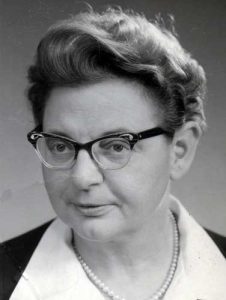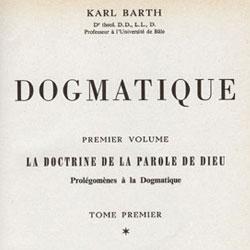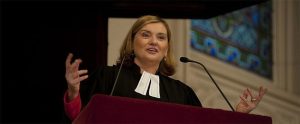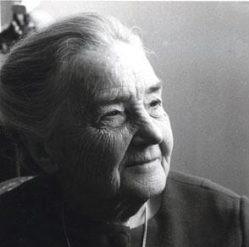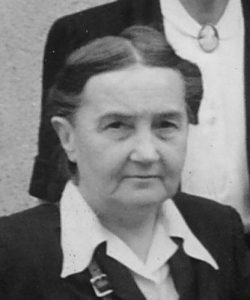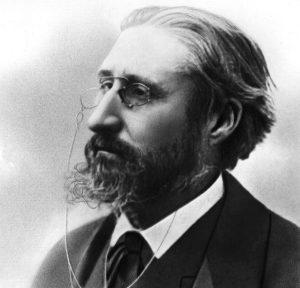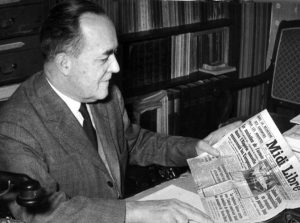Her youth
Madeleine Barot was born in Châteauroux in a family of teachers. She went to secondary school in Clermont-Ferrand and in Versailles, and belonged to the high-school branch of the “Fédé” movement.
She furthered her studies in History at the Sorbonne and started working as a trainee-librarian with the Bibliothèque Nationale (National Library). She later was an archivist with the French School in Rome where she stayed until 1940. Then she joined the student “Fédé” movement – the French branch of the Universal Federation of Christian Students’ Associations – in which she was a very active member.
World War II
As soon as Italy entered the war, Madeleine Barot was repatriated from Rome and was appointed by the pastor Marc Boegner to the secretariat of the Cimade (Inter-movement committee along with evacuees) which she set up with Suzanne de Dietrich, in order to help solve the tragic problems refuges and evacuees were confronted to.
From then on she devoted her intelligence and energy to coordinating the help to internment camps, especially the one in Gurs (Pyrénnées-Atantiques), where about 40,000 foreigners and Jews were forcefully assembled under the Vichy regime. She often visited camps and organised reception centres at the Chambon-sur-Lignon. She even organised flight procedures to Switzerland for the most threatened Jews.
She was part of the research group which wrote the Thèses de Pomeyrol (Pomeyrol Theses) in 1941, emphasising the resistance of the French Reformed Church to Nazism.
After the Liberation Madeleine Barot was in charge of detainees suspected of collaboration, especially at Drancy (near Paris).
International activities
In 1953, Madeleine Barot became Director of the department of cooperation between men and women within the Church and the Society of the Ecumenical Council of Churches, as well as the head of the Education department for development. In 1968 she worked with the SODEPAX (Society for Development and Peace) under the guidance of the COE (Ecumenical Council of Churches) and the Catholic Church. This activity enabled her to travel to West Africa, to Madagascar and to South America where the ongoing decolonisation process prompted her significant action in favour of women’s rights, and won her international recognition.
Between 1974 and 1979, she was secretary to the International and Economic Social Affairs Committee of the French Protestant Federation.
In 1980, she became Vice-President of the ACAT (Christian Action for the Abolition of Torture).
In 1988, Madeleine Barot was nominated Doctor Honoris Causa of the theology faculty in Paris.

